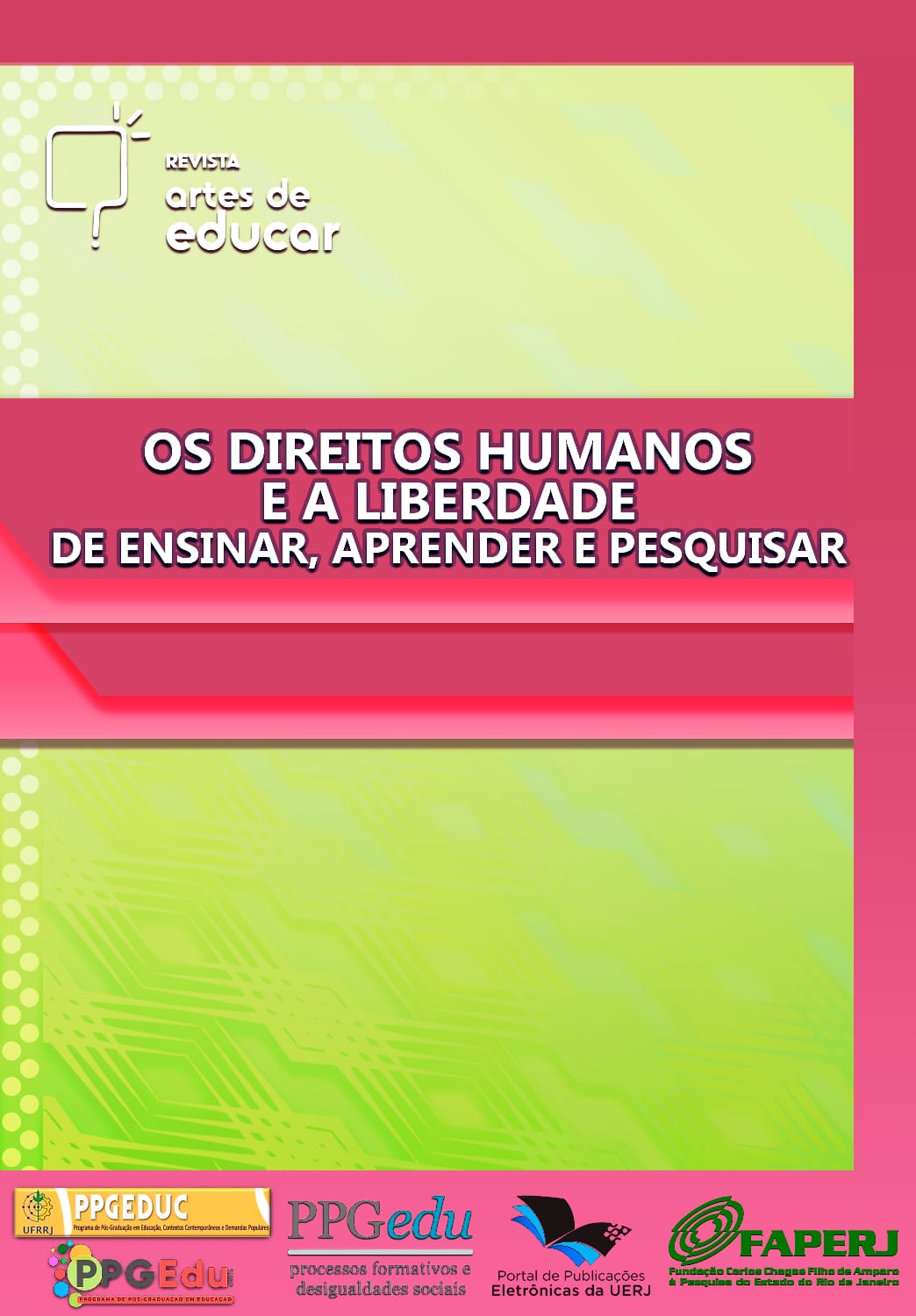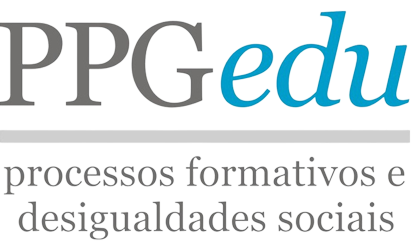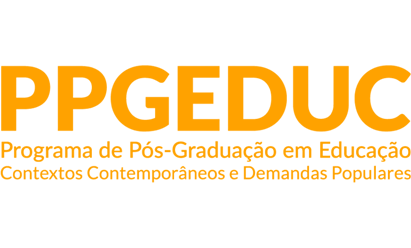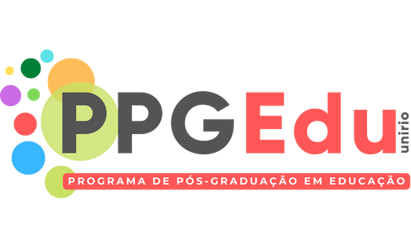ENSINO SUPERIOR, EDUCAÇÃO EM DIREITOS HUMANOS E DIVERSIDADE: REFLEXÕES SOBRE VIVÊNCIAS DE ESTUDANTES E PROFESSORES UNIVERSITÁRIOS
DOI:
https://doi.org/10.12957/riae.2024.81763Palavras-chave:
educação em direitos humanos, diversidade, ensino superior, interseccionalidadeResumo
O presente artigo tem por objetivo refletir sobre as vivências de estudantes e professores com a educação em direitos humanos em uma universidade privada, sem fins lucrativos. Torna-se urgente refletir sobre como políticas de raça, classe, gênero e sexualidade têm sido abordadas nas práticas de professores e nas vivências de estudantes do ensino superior. Nesse sentido, a interseccionalidade foi utilizada como uma ferramenta analítica para a compreensão das vivências em educação em direitos humanos. Os participantes da pesquisa foram estudantes e professores de diferentes áreas de conhecimento. Os estudantes participaram através de grupos focais e os professores através de uma entrevista semiestruturada. Os dados foram transcritos e submetidos à Análise de Conteúdo de Bardin. Os resultados demonstram que estudantes vivenciam discriminação de gênero, raça. classe e sexualidade na Universidade e existe a necessidade de transversalizar a educação em direitos humanos nas diferentes disciplinas e incorporar metodologias que considerem o contexto cultural, social e econômico de estudantes. Conclui-se que a discussão dos direitos humanos e diversidade deve ser incorporada no âmbito da formação continuada de professores, pois marcadores sociais da diferença (raça, classe, gênero e sexualidade) perfazem as experiências individuais, sociais e profissionais de qualquer educador. Além disso, a formação em educação em direitos humanos e diversidade possibilita a problematização e tensionamento de práticas educativas, visando a reflexão crítica e a práxis transformadora.
Palavras-chaves: educação em direitos humanos; diversidade; ensino superior; interseccionalidade.
Publicado
Como Citar
Edição
Seção
Licença
Copyright (c) 2024 Patricia Krieger Grossi, PhD, Lucas Antunes Machado, Ketlin Costa

Este trabalho está licenciado sob uma licença Creative Commons Attribution-NonCommercial 4.0 International License.
Os autores mantêm os direitos autorais dos seus trabalhos, têm permissão para publicar e distribuir seu trabalho online (ex.: em repositórios institucionais ou na sua página pessoal) a qualquer ponto antes ou durante o processo editorial, já que isso pode gerar alterações produtivas, bem como aumentar o impacto e a citação do trabalho publicado.
A aceitação do texto implica na autorização e exclusividade da Revista Interinstitucional Artes de Educar acerca do direito de primeira publicação, os trabalhos publicados estão simultaneamente licenciados com uma licença Creative Commons Atribuição-Não Comercial 4.0 Internacional 























